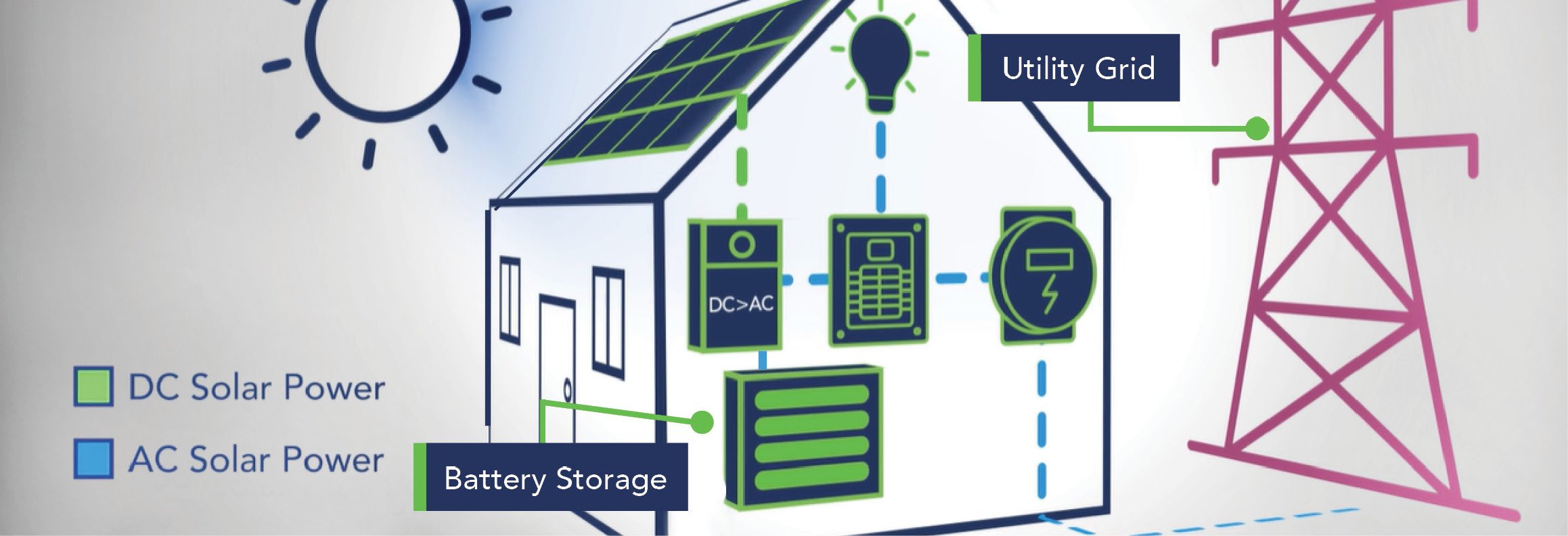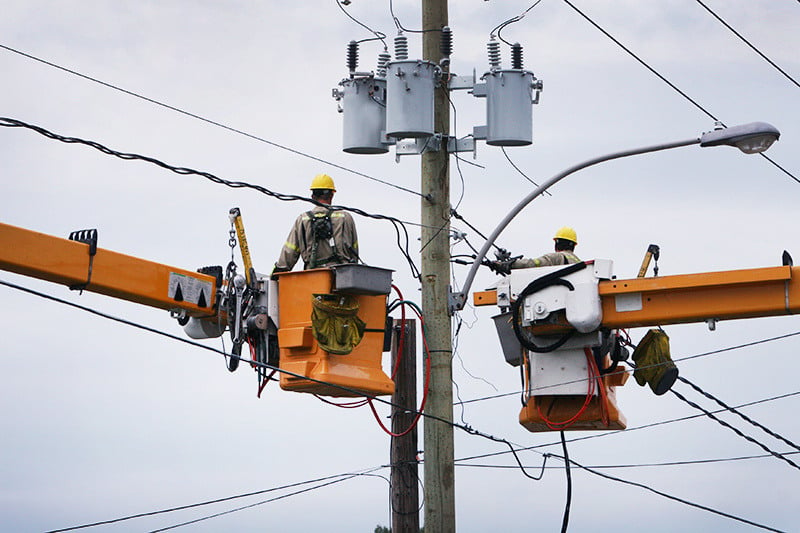How Solar Energy Works: A Beginner’s Guide
 by EverBright
by EverBright

Solar energy harnesses the sun’s power to generate electricity for your home. Here’s how it works:
The Basics of Solar Energy
Solar panels composed of photovoltaic (PV) cells typically made of silicon, convert sunlight into electricity. This clean, renewable energy is then used to power your home.
The Journey of Sunlight to Usable Energy
- Absorption: Solar panels absorb sunlight. Each PV cell within the panel captures photons, which are particles of sunlight.
- Conversion: The PV cells convert the photons into electrons, creating direct current (DC) electricity.
- Inversion: An inverter changes DC electricity into alternating current (AC), since most home appliances use AC electricity.
- Utilization: The converted AC electricity powers your home's lights, appliances, and other electronic devices.
Key Components of a Solar System
- Solar Panels: The primary component that captures sunlight and converts it into DC electricity.
- Inverter: Converts DC electricity from the panels to AC electricity for household use. Many modern inverters come with built-in monitoring capabilities that allow you to track your system’s performance.
- Mounting and Racking System: Ensures the panels are supported and securely attached to your roof ensuring they are positioned optimally to capture sunlight.
- Electrical Panel: Distributes the electricity to different parts of your home.
- Utility Meter: Measures the amount of electricity you use from your electric utility company and sent back to the grid.
- Batteries (Optional): Store excess energy produced during the day for use at night or during cloudy days.
Benefits of Solar Energy for Homeowners
- Cost Savings: Solar can help you save by reducing the amount of electricity you need to purchase from your local utility grid. You lower your overall energy costs when what you pay for solar is less than your typical utility costs. Additionally, states offer different compensation programs to homeowners who send solar-generated energy back to the grid.
- Increased Energy Independence: Generating your own electricity reduces your reliance on the grid, making you less vulnerable to energy price hikes. If you have a battery, you have the added benefit of being less vulnerable to the impact of outages.
- Environmentally Friendly: Solar power is a clean, renewable source of energy that reduces your carbon footprint.
- Easy Maintenance: Solar energy systems typically require minimal maintenance. Most systems come with long-term warranties, and for our PPA and Lease customers, service repairs are provided at no additional cost.
Is Your Home Suitable?
- Roof Condition: Your roof should be in good shape to support solar panels. Newer or well-maintained roofs are best.
- Sun Exposure: South-facing rooftops with a 15-to-40-degree roof angle typically receive the most sunlight as long as no trees or nearby structures are shading the roof.
- Climate: Solar panels work more efficiently in sunny climates but can still generate substantial energy in cloudy areas.
The Bottom Line
Solar energy offers many benefits. From potentially significant cost savings and improved environmental impact to increased energy independence, you can feel good about your solar energy investment.
Recommended Posts

HOMEOWNERS
Get the most from your solar system in the fall/winter season
Learn three ways to make the most out of your solar system during the shorter days and colder weather of the fall and winter seasons.
Read More
Read time: 3 min

HOMEOWNERS
How to keep your solar panels operating efficiently
A little maintenance goes a long way to helping your solar panels operate efficiently. Learn how a little TLC can help ensure your panels are operating at peak efficiency.
Read More
Read time: 3 min

HOMEOWNERS
Why solar alone doesn’t work during an outage
Your solar panels are soaking up the rays, but the power goes out—and so does your solar system. Let's explore why this happens.
Read More
Read time: 3 min



